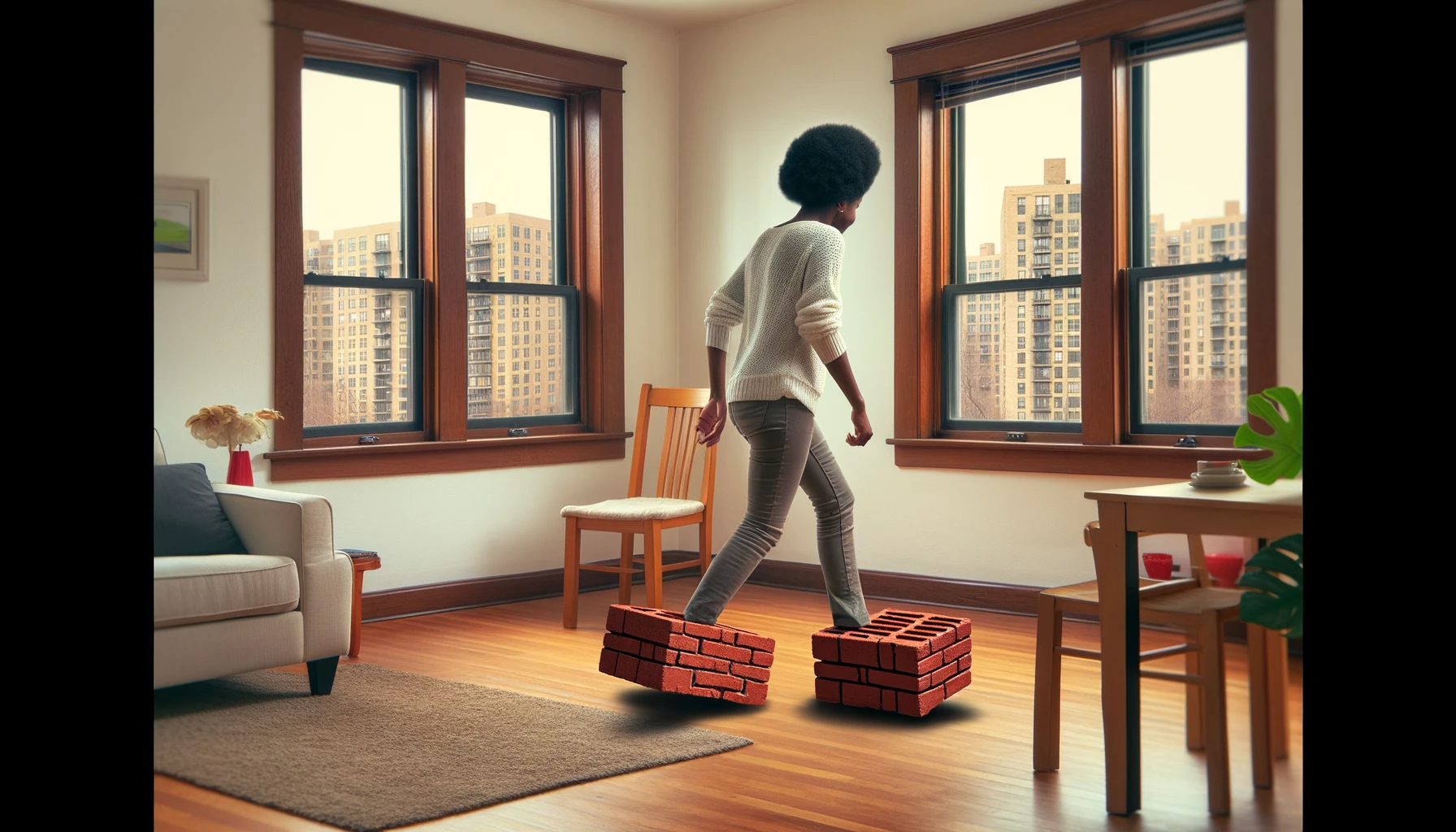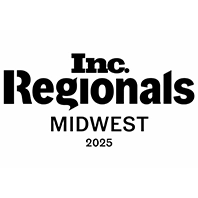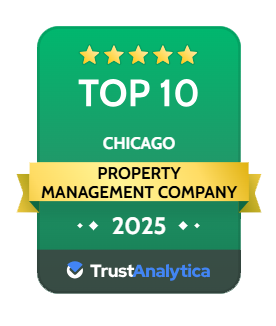Navigating the legal landscape of property management in Chicago is a complex yet crucial part of being a successful property manager or landlord. Understanding and adhering to the various laws is essential for protecting your investment, maintaining good relationships with tenants, and avoiding legal pitfalls. This comprehensive guide designed for property owners, drawing from the expertise of Chicago's Landmark Property Management and the principles of creating helpful, and reliable content as outlined by Google, delves into the key legal aspects, laws, and regulation rules every property manager in Chicago should be aware of.
1. Understanding the Chicago Residential Landlord and Tenant Ordinance (RLTO)
The Chicago Residential Landlord and Tenant Ordinance (RLTO), is a comprehensive framework that regulates rental properties within the city. It sets forth a detailed set of standards and procedures for both landlords and renters, ensuring that all parties are aware of their rights and obligations under the law. One of the key aspects of the RLTO is its rules around rental income. Landlords must provide a clear and comprehensive agreement to tenants, outlining the terms of payment, including the amount of rent and the due date. Existing laws under the RLTO also provide guidance for landlords on maintaining rental property. Landlords are required to keep properties in a fit and habitable condition, adhering to local building requirements.
The RLTO also provides detailed guidance for situations where a landlord may need to interrupt a tenant's occupancy. In such cases, the ordinance prohibits any unfair or unjust actions. The authority of the RLTO is derived from the Chicago government, which has enacted this ordinance to protect both landlords and renters. All of these rules and regulations are available for public viewing in the National Archives.

2. Compliance with Fair Housing Laws and Federal Regulations
In addition to complying with the Chicago Residential Landlord and Tenant Ordinance (RLTO), landlords must also ensure their practices align with Fair Housing Laws. These laws, passed by various departments and agencies at the federal, state, and local levels, play a critical role in the rental industry. For example, the U.S. Department of Housing and Urban Development (HUD) has published numerous policy statements and guidance documents to help landlords understand their obligations. The National Archives also maintains records of these laws, providing an authoritative resource for landlords.
Existing laws require that any agreement must be free from discriminatory terms and conditions. For instance, a landlord cannot refuse to rent a property or set different rental income terms based on a tenant's protected status. In recent years, proposed rules have sought to further strengthen fair housing protections. For example, the HUD's Discriminatory Effects Standard, reinstated in 2023, provides additional guidance on how to avoid discriminatory practices. Not following this can lead to serious legal repercussions, including fines and lawsuits.
3. Security Deposit Regulations
In Chicago, the Residential Landlord and Tenant Ordinance (RLTO) imposes strict regulations on security deposits. Landlords are required to hold these funds in a federally insured interest-bearing account separate from their personal or business finances. They must also pay interest on deposits held for over six months, with rates set by the local administration and paid annually. Strict rules also govern the withholding and return of deposits; landlords can only withhold for unpaid rent, substantial damages, or violations, and must typically return deposits within 45 days of tenancy end. These regulations are enforced by federal agencies such as HUD, and landlords must also heed relevant executive orders.
While essential for managing properties and maintaining tenant relations, these regulations can be complex and time-consuming, leading to potential legal risks and severe penalties for not following these, even for minor oversights. As a result, many Chicago landlords have ceased requiring security deposits, instead opting for move-in fees, which are not governed by the RLTO.

4. Maintenance and Repairs
Under Chicago's Residential Landlord and Tenant Ordinance (RLTO), landlords have a legal obligation to maintain their properties in a safe and habitable condition. This requires landlords to not only make timely repairs but also regularly inspect and proactively address potential issues before they become major problems.
A key part of maintaining a safe and habitable property is adhering to all relevant building codes. These codes cover a wide range of areas, including structural integrity, plumbing, electrical systems, ventilation, and fire safety. Regular inspections by officials or certified professionals can ensure to comply and identify any areas that need attention.
5. Eviction Procedures
Evictions in Chicago are governed by a legal process defined by both the Residential Landlord and Tenant Ordinance (RLTO) and Illinois state law. This is designed to protect the rights and interests of each group involved, and it must be followed meticulously to avoid legal repercussions. The eviction begins when a tenant fails to meet their rental obligations. In such cases, landlords must first serve a five-day notice to the tenant. However, if the eviction is for reasons other than failing to pay rent, the notice period may vary. Once the notice period has expired, if the tenant has not rectified the issue or vacated the premises, the landlord can proceed to file an eviction action in court. The required legal documents include a Civil Action Cover Sheet, Complaint, Summons, and Notice of ERP.
It's important to follow federal regulations and note that only the Cook County Sheriff has the authority to enforce evictions in Cook County, which includes Chicago. Landlords and representatives such as property management companies are strictly prohibited from engaging in 'self-help' evictions, such as changing the locks, shutting off utilities, or removing the tenant's belongings from buildings.

6. Building Code Compliance Laws
Compliance with the Chicago building code is not just a matter of following best practices” it's the law. The area's building code, which was revised in 2019 and updated in April 2022, sets out strict standards for new construction, renovations, and property-related activities. These guidelines cover everything from structural integrity to electrical systems, plumbing, ventilation, fire safety, and more.
Regular inspections are a key part of maintaining compliance. The Department of Buildings conducts these inspections and keeps electronic records of building permits, inspection reports, and violation records. Landlords can access these records online to understand their property's history and any outstanding issues.
7. Handling Tenant Complaints and Disputes
Handling tenant complaints and disputes is a crucial aspect of property management. According to Forbes, the most common tenant complaints include maintenance issues, lack of communication, noisy neighbors, and other disagreements. Therefore, it's crucial for landlords to have robust systems in place to address these concerns promptly and effectively.
One of the best ways to handle tenant complaints is by listening and empathizing. This allows landlords to understand the tenant's perspective and shows that their concerns are taken seriously. Communication should be clear and polite, and landlords should strive to act quickly and efficiently to resolve issues.

8. Understanding Rent Control and Stabilization
While Illinois currently has a ban on rent control, property managers and landlords need to understand what these terms mean, as legislative changes could potentially introduce such measures in the future as they do in other parts of the country. Rent control and stabilization are both regulatory systems designed to protect renters from dramatic increases, but they function differently.
The main difference between the two systems is that while rent control generally locks in rental rates, rent stabilization allows for increases of a fixed amount. Another difference is that, unlike stabilized apartments, rent-controlled tenants often don't have a lease and are considered permanent.
9. Insurance Requirements
Having the right insurance coverage is essential for legal protection. This includes property insurance, liability insurance, and potentially other types of coverage depending on the property and tenant use.
10. Privacy and Entry Laws
Understanding privacy and entry laws is a crucial aspect of employment for property managers. These laws safeguard everyone's rights while also providing guidelines for landlords about when and how they can enter rented premises. In most jurisdictions, landlords are required to provide reasonable notice” usually 24 to 48 hours” before entering a tenant's unit. The notice should specify the date, time, and reason for entry. Typical reasons may include conducting repairs, inspections, or showing the property to prospective renters or buyers. It is important to clarify that these rules differ from state to state and even city, so property managers should familiarize themselves with local laws. In Chicago, for instance, landlords are required to give at least two days' notice, except in cases of emergency.
It's also worth noting that these laws are not just about managing entry into a tenant's unit; they're also about respecting the tenant's privacy. This means landlords and management companies should avoid unnecessary intrusions, such as avoiding excessive visits for minor repairs or inspections of properties they own or manage.

11. Lead Paint Disclosure
In terms of older properties, federal laws mandate landlords to disclose any presence of lead-based paint. This requirement is not just about legal compliance; it's also a vital measure for protecting tenant health. The United States executive branch agencies play a key role in the enforcement and regulation of the lead paint disclosure law. The U.S. Department of Housing and Urban Development (HUD) and the Environmental Protection Agency (EPA) are two such agencies.
Lead-based paint was commonly used in residential properties built before 1978. The U.S. banned the use of lead-based paints in residential properties in 1978. Under the Lead Disclosure Rule by the U.S. Department of Housing and Urban Development (HUD), sellers and landlords must disclose any known information about lead-based paint and lead-based paint hazards in their property.
12. Smoke and Carbon Monoxide Detectors
Chicago law requires smoke and carbon monoxide detectors to be installed and maintained in rental properties. Ensuring these devices are in working order is a legal requirement and a critical safety measure.
13. Short-Term Rentals and Airbnb Regulations
If you're considering short-term rentals or using platforms like Airbnb, be aware of Chicago's specific regulations governing these services, including licensing and zoning laws.
Conclusion
Understanding and adhering to the legal aspects of property management in Chicago is essential for running a successful and compliant property management business. It protects your investment, builds trust with tenants, and ensures a smooth operational flow.
Navigating the complex legal landscape of property management in Chicago can be challenging, but you don't have to do it alone. Chicago's Landmark Property Management is here to help. Our team of experienced professionals stays up-to-date with all legal changes and best practices, ensuring your property is managed efficiently and compliantly. Contact us today at Chicago's Property Management or call us at 312.313.8553 for expert property management services that you can trust.






.png)


